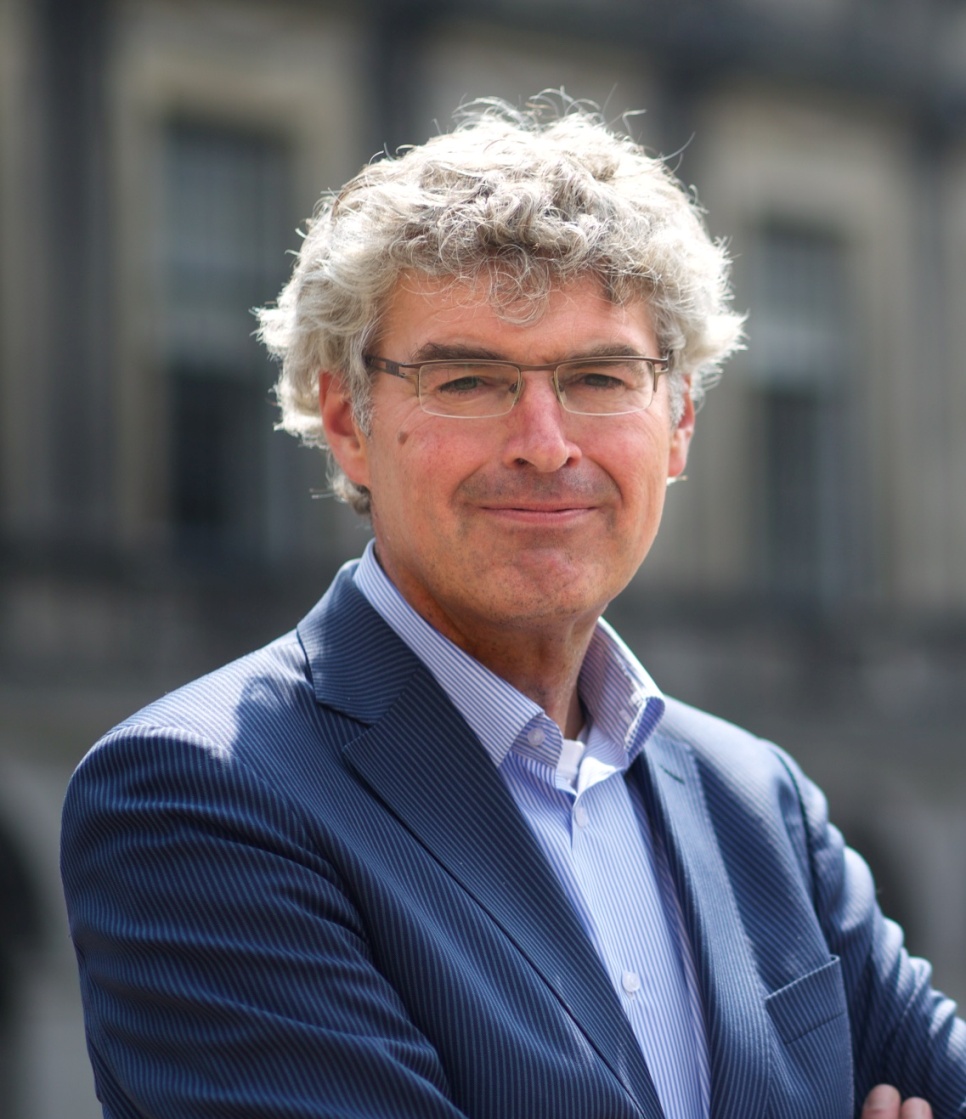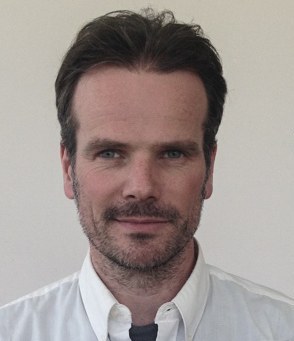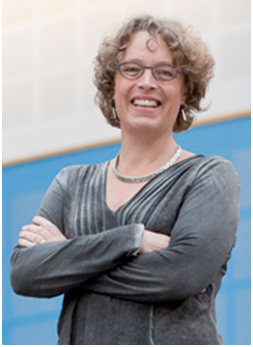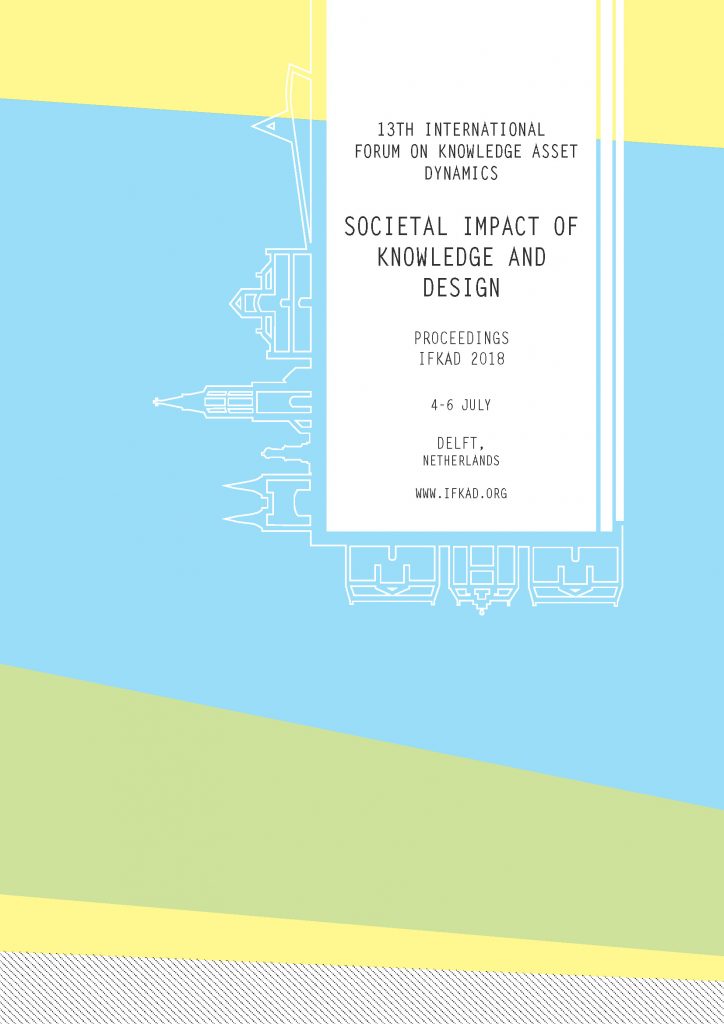Managing knowledge risks in organizations
Organized by:
Susanne Durst | University of Skovde, Sweden
Malgorzata Zieba | Gdańsk University of Technology, Poland
The Role of KM in the Age of Digital Transformation
Organized by:
Susanne Durst | University of Skovde, Sweden
Pietro Evangelista | National Research Council, Italy
A social perspective of knowledge-based innovation: mobility and aggregation
Organized by:
Lara Agostini | University of Padua, Italy
Barbara Bigliardi | University of Parma, Italy
Federico Caviggioli | Polytechnic University of Turin, Italy
Francesco Galati | University of Parma, Italy
Knowledge 4.0 – Managing knowledge for digitally enabled value creation of SMEs, Start-ups and networks
Organized by:
Klaus North | Wiesbaden Business School, Germany
Ronald Maier | University of Innsbruck, Austria
Stefan Thalmann | Graz University of Technology, Austria
Gregorio Varvakis | Federal University of Santa Catarina, Brazil
Susanne Durst | University of Skövde, Sweden
Organizational Unlearning: Opportunities and Interdisciplinary Perspectives
Organized by:
Nhien Nguyen | Nordland Research Institute, Norway
Thomas Grisold | Vienna University of Economics and Business, Austria
Adrian Klammer | University of Liechtenstein, Liechtenstein
Knowledge-based strategic and project management
Organized by:
Lajos Szabó | Corvinus University of Budapest, Hungary
Viktória Horváth | Corvinus University of Budapest, Hungary
Organization design and strategic knowledge management
Organized by:
Krishna Venkitachalam | Stockholm University, Sweden
Jan Löwstedt | Stockholm University, Sweden
Good for (He)art and Good for Society: Mapping the Societal Impact of Knowledge, Participation, and Entrepreneurship in the Cultural and Creative Sector
Organized by:
Lucia Biondi | University of Rome Tre, Italy
Pierluigi Catalfo | University of Catania, Italy
Paola Demartini | University of Rome Tre, Italy
Lucia Marchegiani | University of Rome Tre, Italy
Michela Marchiori | University of Rome Tre, Italy
Martin Piber | University of Innsbruck, Austria
Knowledge Management in Education
Organized by:
Ismail AL-Taharwa | University of Jordan, Jordan
Nazeeh Ghatasheh | University of Jordan, Jordan
Rami Alkhawaldeh | University of Jordan, Jordan
Communities and cities creating social and public value: people, design, knowledge, technology, processes and environments
Organized by:
Mauro Romanelli | University of Naples Parthenope, Italy
Alexandra Zbuchea | National University of Political Studies and Public Administration, Romania
Knowledge and human resources practices
Organized by:
Filomena Buonocore | University of Naples Parthenope, Italy
Ernesto De Nito | University Magna Graecia of Catanzaro, Italy
Alessandro Hinna | University of Rome Tor Vergata, Italy
Customer Knowledge Management as a Solution for Product and Service Failure and Returns
Organized by:
Michal Krčál | Masaryk University, Czech Republic
Radoslav Škapa | Masaryk University, Czech Republic
Alena Klapalová | Masaryk University, Czech Republic
Managing Knowledge in Supply Chain at the era of Digital Transformation and Industry 4.0
Organized by:
Lorenzo Ardito | Politecnico di Bari, Italy
Roberto Cerchione | University of Naples Parthenope, Italy
Pasquale Del Vecchio | University of Salento, Italy
Emilio Esposito | University of Naples Federico II, Italy
Elisabetta Raguseo | Politecnico di Torino, Italy
Knowledge Architecture. How Spatial Design Supports Knowledge Work – Evidence and Best Practices from Micro to Macro Scale
Organized by:
Jörg Rainer Noennig | Dresden University of Technology, Germany
Anja Jannack | Dresden University of Technology, Germany
Science of Ideas
Organized by:
Han van der Meer | Delft University of Technology, Netherlands
Guido Enthoven | Instituut Maatschappelijke Innovatie, Netherlands








